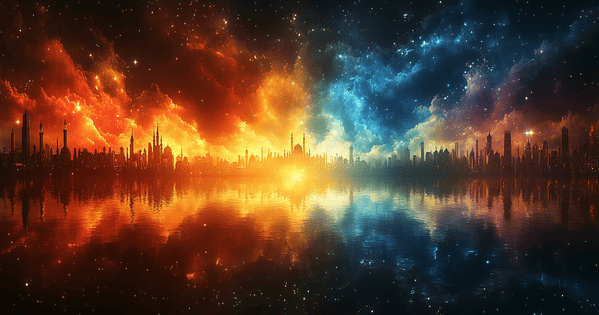

When the beliefs of a religious majority infringe upon the rights of smaller groups, civil society must push back.
The freedom of religion and belief—that people have the right to believe and worship, or not, as they so choose—is an integral component of democracy. Often, discussions on the concept of religious freedom focus on bringing together Christians, Muslims, and Jews to discuss their differences—in other words, creating interfaith dialogue. While such efforts are important, a full understanding of religious freedom and its importance to democracy encompasses more than just promoting and enabling interfaith dialogue. When talking about freedom of religion or belief, it is also critical to look at the very real social and political impacts of a trend that undermines religious freedom: religious majoritarianism, a view that dismisses minority protection and elevates the beliefs of only the majority.
Religion is a range of social-cultural systems, including designated behaviors and practices, morals, beliefs, worldviews, texts, sanctified places, prophecies, ethics, or organizations, that generally relate humanity to supernatural, transcendental, and spiritual elements—although there is no scholarly consensus over what precisely constitutes a religion.